RDB Allocates 1 Billion and 181 Million Rwandan Francs for Sustainable Community Projects Around Nyungwe National Park
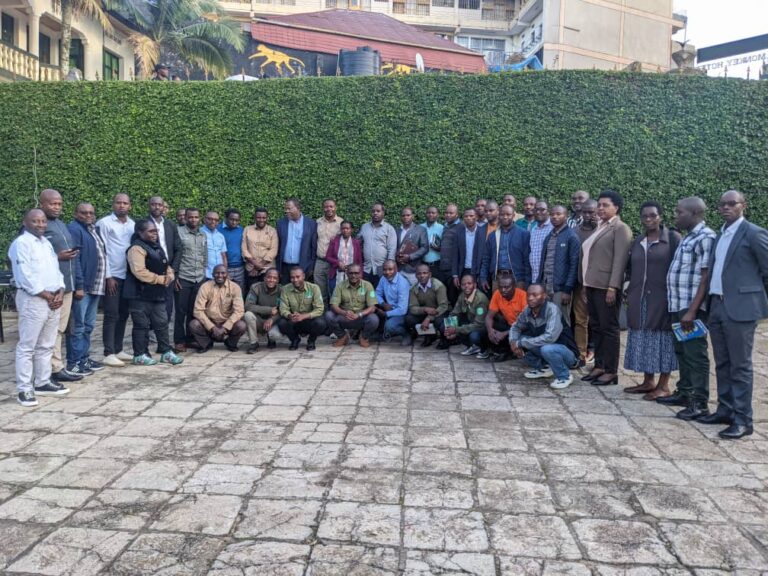
In a significant move to share the benefits of tourism, the Rwanda Development Board (RDB) has announced the allocation of One billion and 181 million Rwandan francs this year to support sustainable projects in five districts surrounding Nyungwe National Park. These funds aim to enhance the livelihoods of local communities through approved initiatives, ensuring they are both sustainable and closely monitored.
During a project selection meeting held in Nyamagabe District on December 20, 2024, Ngoga Télésphore, RDB’s Policy Analyst for Biodiversity Conservation, highlighted the critical importance of monitoring funded projects. He pointed out that many previous initiatives lacked visible evidence of their impact on the community.
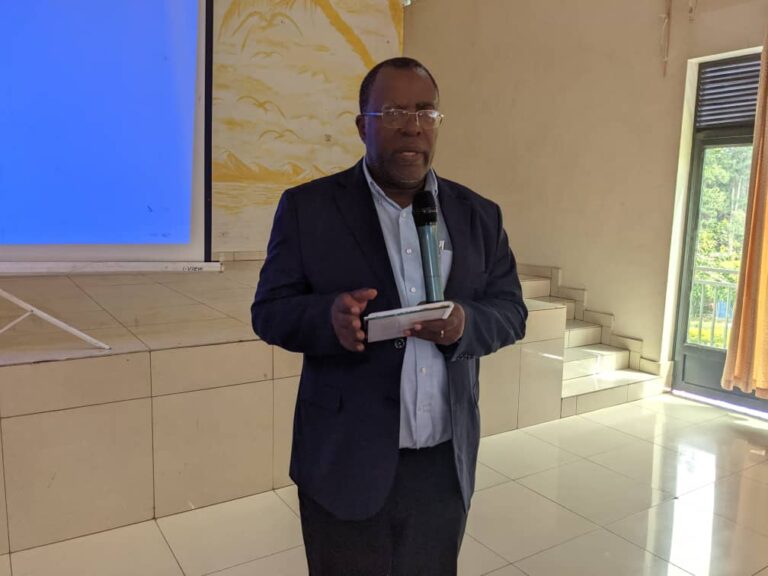
Ngoga stated, “Some projects received funding and were implemented but either remain unfinished or have deteriorated due to insufficient follow-up. In reality, they have not provided tangible benefits to the communities, despite costing the government a significant amount. This does not help either the funders or the recipients who were supposed to benefit.”
He emphasized that projects must leave a lasting impact, demonstrating real benefits to the recipients. “People desire substantial projects, and the benefits should extend to future generations. A project should connect the community with tangible outcomes, allowing them to understand and witness its advantages.”
The allocated funds are intended to support initiatives that enhance the well-being of communities living near the park, derived from the park’s resources. This approach fosters a stronger sense of ownership and responsibility among locals for conservation efforts.

With 30% of the residents in the five districts surrounding Nyungwe living in adjacent sectors, as noted by Ntihemuka Pierre, who is responsible for community engagement, it is crucial for these communities to grasp the importance of conservation. “If no action is taken to engage the locals in conservation efforts, the park could be at risk in the near future. This is why it is essential to involve them in these initiatives, as they are considered a critical barrier to its preservation.”
Despite the government’s efforts to provide opportunities, challenges remain, including poachers, illegal miners, livestock grazers, tree cutters, and honey harvesters. It is essential that the distribution of funds addresses these issues.
Local residents have also expressed concerns about poverty and the impact of wildlife on their farming practices. These issues need to be acknowledged and addressed.
Last year, 800 million Rwandan francs were allocated, with Rusizi and Nyamasheke districts recognized for effectively utilizing 100% of their funds. Karongi used 96%, while Nyaruguru and Nyamagabe used 80% and 74%, respectively.
The acting Vice Mayor of Karongi, Nsabibaruta Maurice, assured that this year’s project to build a small market on the outskirts of Nyungwe in the Mutuntu sector would be fully implemented. “The community has shown a need for this project, and we are committed to ensuring its success, as they previously operated without adequate infrastructure. This market will provide a solution for the residents, and we must prioritize its development.”
The initiative to distribute tourism benefits to local communities has been ongoing for 20 years, as explained by RDB’s Ngoga Télésphore. Over 13 billion Rwandan francs have been invested in nearly 1,100 projects nationwide, with more than 3.5 billion allocated to around 200 projects in the five districts surrounding Nyungwe.
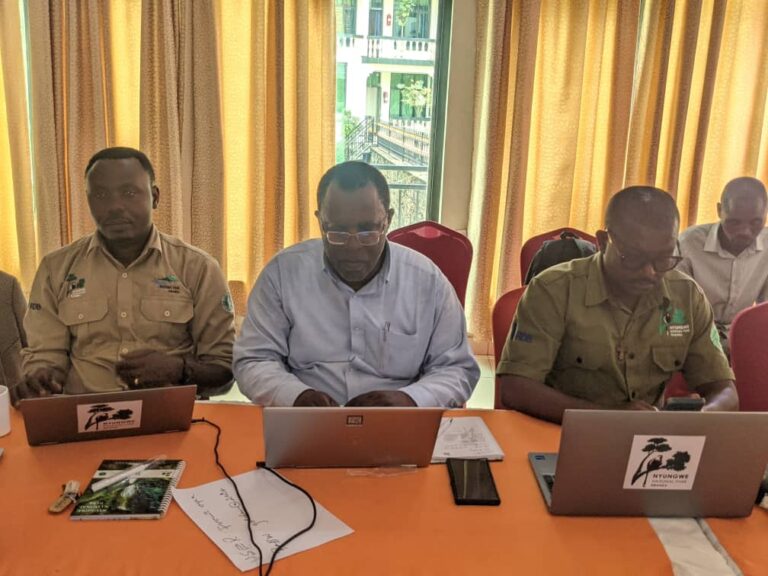
The park’s director, Niyigaba Protais, emphasized the need to deliver tangible results for the community. “We must ensure that our efforts speak for themselves, demonstrating the benefits to those involved and allowing them to provide concrete testimonies about the positive impacts they have experienced.”
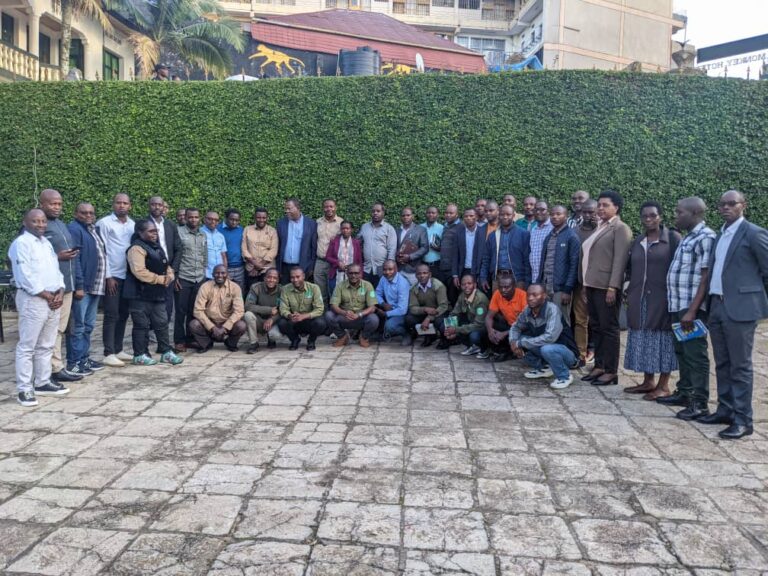
Source: rebero.rw
Trending Now
Hot Topics
Related Articles
Worm Tea: A Natural Path to Farming Without Harmful Chemicals
For much of his early farming life, Isaac Mubashankwaya believed chemical fertilizers...
Enroll Now Before 31 December 2025: International German Language Exams Launch in Rwanda
Rwanda will host the European Consortium for the Certificate of Attainment in...
Rwanda Validates Environment and Climate Change Mainstreaming Strategy 2024–2029
This Tuesday, 23 December 2025, the Rwanda Environment Management Authority (REMA), in...
Rwanda Opens New Doors with International German Language Certification
Rwanda has taken a significant step in expanding access to global education...


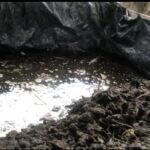
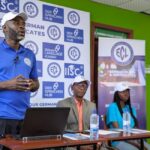
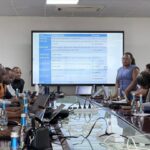
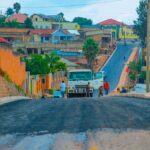
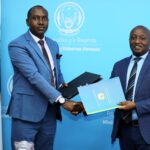
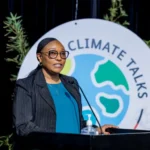
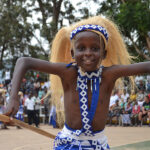
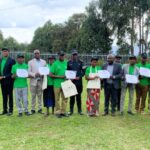
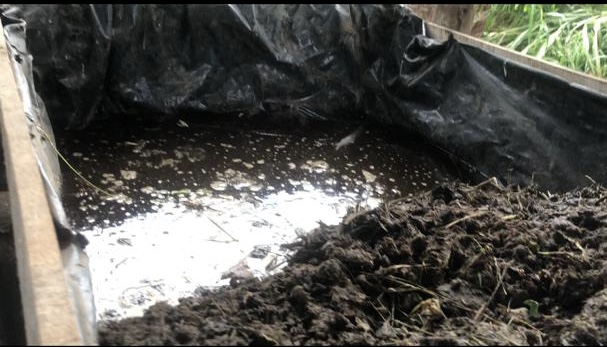
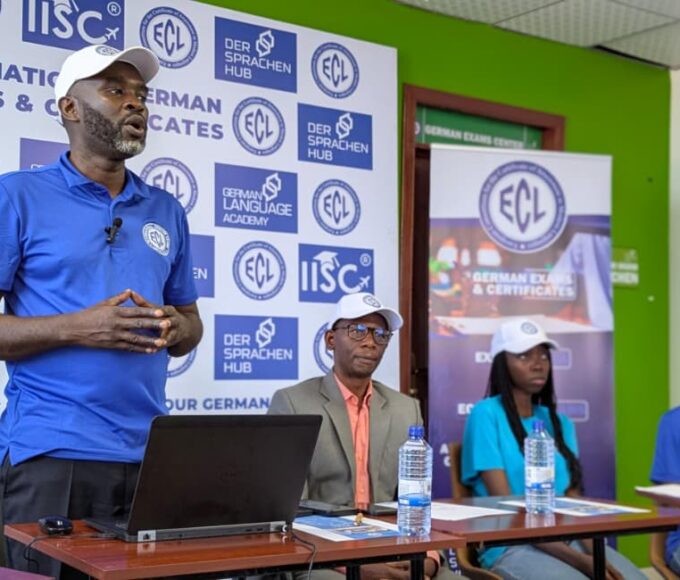
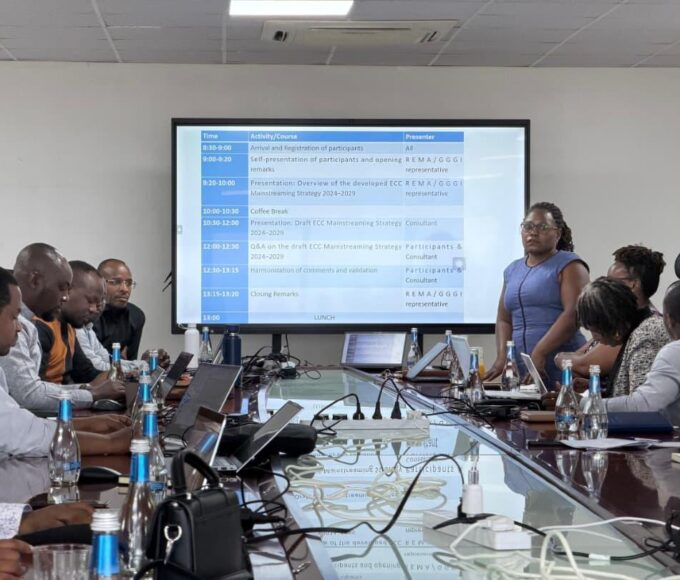
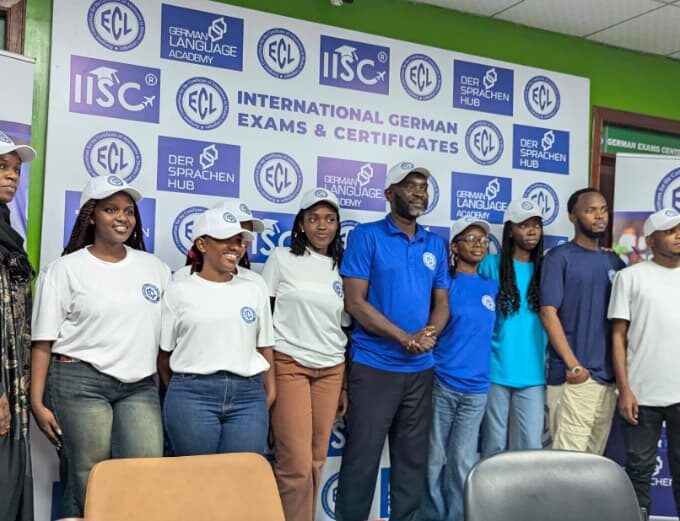
Leave a comment